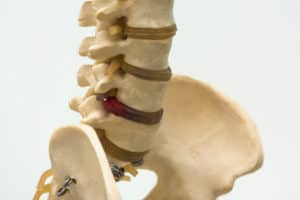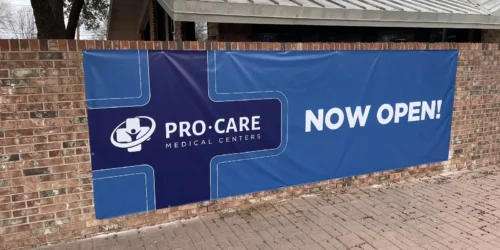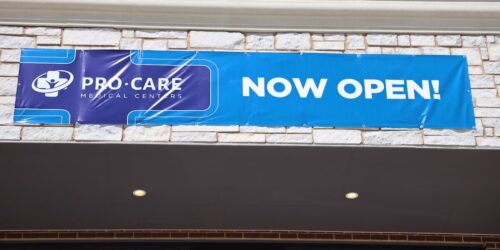
What Do Spinal Discs Do?
Spinal discs cushion the vertebrae and help absorb shock as you move about your day. A spinal disc has a tough outer layer with softer cartilage in the middle, and is perfectly shaped to support your vertebrae. As you age, the soft, spongy tissue can start to dry out and become more brittle and stiffer. When this happens, the disc may lose its normal shape and start to affect the healthy functioning of your spine and its supporting tissues. When the spinal disc is out of its normal positioning, it can put stress and strain on nearby nerves and tissues, and also leave vertebrae vulnerable to rubbing against one another.
Types of Spinal Disc Issues
There are many terms out there for spinal disc issues, but the two main types are bulging discs and herniated or ruptured discs.
Bulging Disc
A bulging disc typically occurs with wear and tear on the body. As the soft, inner material of the spinal disc loses its flexibility and becomes dehydrated, the spinal disc is not able to provide as much support and cushioning between two vertebrae. When this happens, either some part or all of the spinal disc can start to flatten out and spread outside of its normal space. This can lead to decreased space between vertebrae and bone-on-bone pain, leading you to seek treatment with a doctor for back pain.
Herniated or Ruptured Disc
On the other hand, a herniated disc occurs when the tougher outer layer of the spinal disc cracks and the soft, spongy inside material protrudes from the disc. Herniated discs are also referred to as ruptured discs or slipped discs and all mean the same thing. When you have a herniated or ruptured disc, that soft inside tissue of the disc can protrude out of its normal space and put pressure on nearby nerves. This can cause inflammation in the area and that leads to the pain you may be experiencing.
Diagnosing a Bulging Disc vs. a Herniated or Ruptured Disc
A doctor for back pain may want to run diagnostic imaging tests like an X-ray or MRI to get a clearer picture of what is causing your pain. A herniated disc can show up on an MRI scan and help your doctor know what area to treat. Your doctor will likely also perform a physical examination of the area to determine the appropriate diagnosis. While an X-ray wouldn’t be able to detect a herniated or ruptured disc, it can help rule out other potential causes of back pain, like a tumor, infection, or fracture. Talk to your doctor about the pain you are experiencing, the level of intensity, and when and where you notice it most. A bulging disc can cause arm or leg pain and you may even feel weakness in the area. A herniated disc that affects a nearby nerve root can cause numbness and tingling, which are symptoms of a damaged nerve.
Treating Spinal Disc Issues
The good news is that spinal disc issues don’t have to require surgery in order for you to experience lasting pain relief. In fact, bulging discs are quite common, especially in older adults who are dealing with general wear and tear on the body. The pain caused by a bulging disc can typically be treated with chiropractic care or physical therapy. These are both minimally invasive treatment options that address your pain without the need for surgical intervention. Spinal adjustments, stretches, and exercises can also help to resolve a herniated disc and address any inflammation. A specialty doctor for back pain is going to be your best chance at a complete recovery, particularly if you want to go the non-invasive route.
Whether you are suffering from a bulging disc, herniated disc, or ruptured disc, talk to the team at ProCare Medical Center about non-invasive and minimally invasive treatment options that will provide you long-term relief for your pain.



